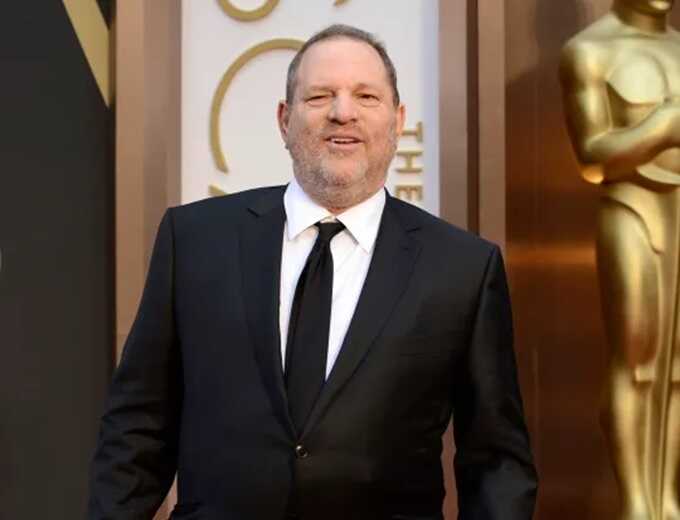Harvey Weinstein’s 2020 rape conviction has been overturned in New York
New York’s highest court delivered a stunning blow on Thursday by overturning Harvey Weinstein’s 2020 rape conviction.
The decision came as the state Court of Appeals determined that the judge in the trial had prejudiced the ex-movie mogul with improper rulings.
Weinstein has been serving a 23-year sentence in a New York prison following his conviction on charges of criminal sex act and rape in the third degree.
The case was a landmark moment in the #MeToo movement, a movement that began in 2017 to combat and shed light on the prevalence of sexual assault, sexual harassment, and rape culture.
The deluge of allegations made against the powerful movie mogul, 72, ignited the movement, and his conviction came as a moment of victory for survivors of sexual assault and advocates for gender equality.
What was Harvey Weinstein’s conviction for?
Weinstein was charged and convicted of criminal sex act and rape in the third degree in New York state.
Weinstein was convicted of sexually assaulting Miriam Haley, a former production assistant he worked with on Project Runway, by forcing her to perform oral sex on him at his apartment in 2006.
He was also tried and convicted for raping Jessica Mann at a hotel in 2013.
Why has it been overturned?
Weinstein’s legal team argued that Judge James Burke’s rulings during the trial heavily favored the prosecution and was biased by the cultural pressure to convict Weinstein.
This included allowing testimony that was not relevant to the case and allowing prosecution to question Weinstein on irrelevant allegations if he were to testify on his own behalf.
It was a four-three decision by the court, with the four judges who voted to overturn the ruling asserting that Weinstein was not tried exclusively on the crimes he was charged with, but instead for his patterns of behaviour over the years.
According to the New York Times, Judge Jenny Rivera, one of the four judges in the majority, wrote of the decision: ‘It is an abuse of judicial discretion to permit untested allegations of nothing more than bad behavior that destroys a defendant’s character but sheds no light on their credibility as related to the criminal charges.’
Arthur Aidala, Mr. Weinstein’s lawyer, said: ‘This is not just a victory for Mr. Weinstein but for every criminal defendant in the state of New York, and we compliment the Court of Appeals for upholding the most basic principles that a criminal defendant should have in a trial.’
After the ruling Weinstein spokesperson Juda Engelmayer told Deadline: ‘We’re cautiously excited. He still has a long road ahead of him because of the Los Angeles case. We are studying the ramifications of the appeal right now.’
Will there be a retrial?
Now, the court’s decision paves the way for a new trial, potentially forcing Weinstein’s accusers to relive their traume on the witness stand once again.
The Manhattan district attorney, Alvin L. Bragg, will be in charge of deciding whether or not to retry Weinstein.
What other convictions does Weinstein have?
Despite the overturned conviction, Weinstein will remain imprisoned as he was convicted in Los Angeles in 2023 on another rape charge, receiving a 16-year sentence.
A Los Angeles jury found Weinstein guilty on three counts of rape and sexual assault against one victim, an anonymous victim only identified in court as ‘Jane Doe 1.’
During the trial, jurors acquitted Weinstein of assaulting another victim and didn’t reach a verdict on whether he raped or assaulted two other women, including California governor Gavin Newsom’s wife Jennifer Siebel Newsom.
Notably, Weinstein was acquitted in Los Angeles on charges related to one of the women who testified against him in New York.
Weinstein’s convictions were hailed by activists and advocates as a landmark achievement, leaving many now reeling as news of this reversal breaks.
The Court of Appeals’ decision, following arguments heard in February, underscores the complex legal challenges and ongoing debates surrounding cases of sexual misconduct involving powerful individuals.
Read more similar news:
Comments:
comments powered by Disqus


































